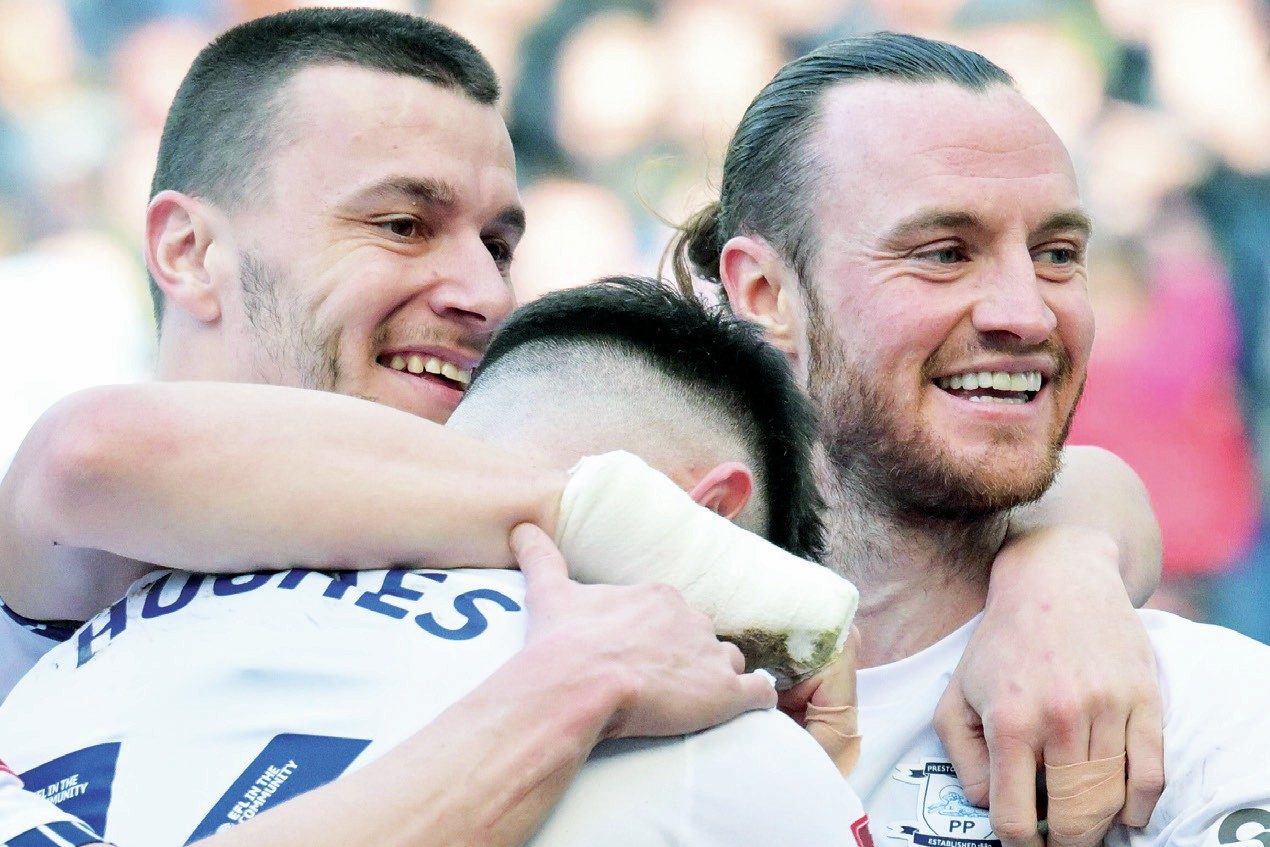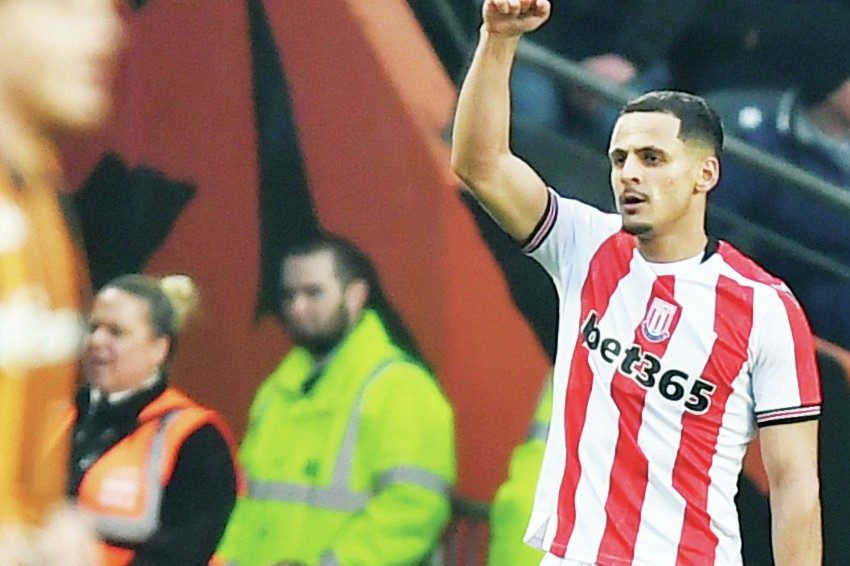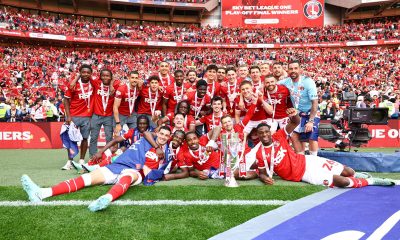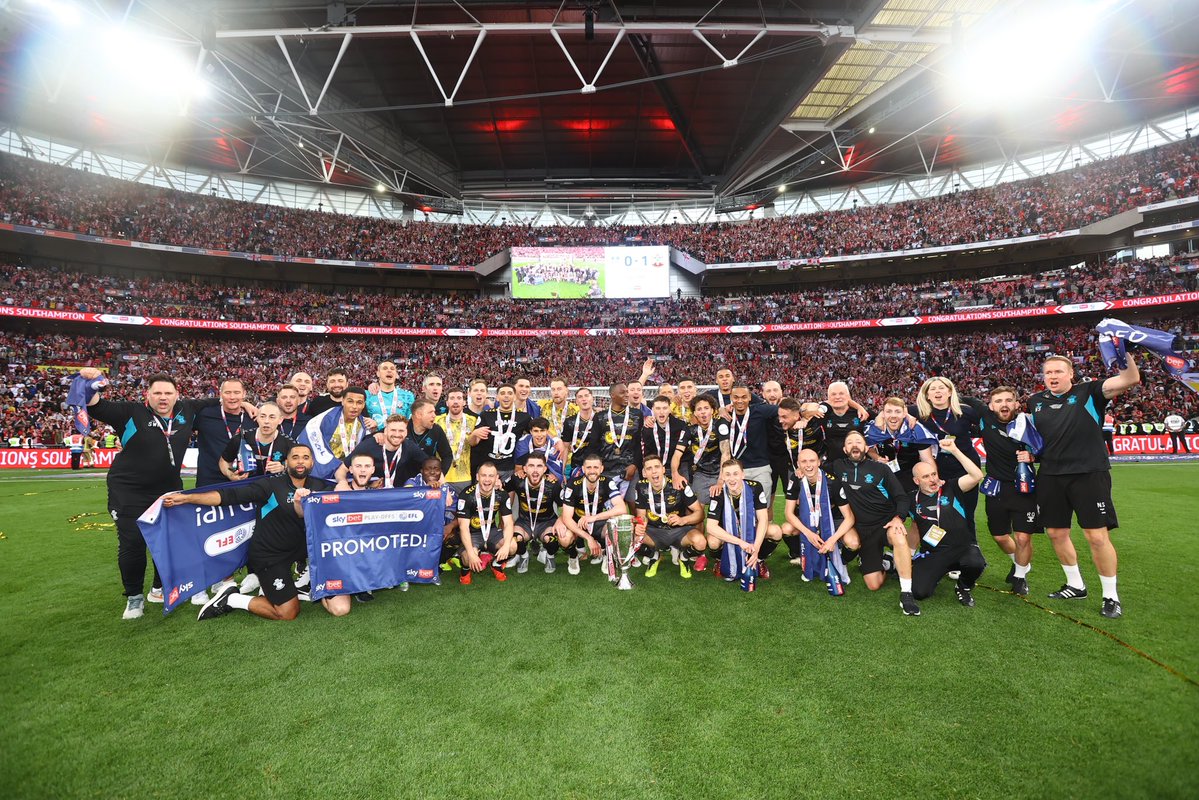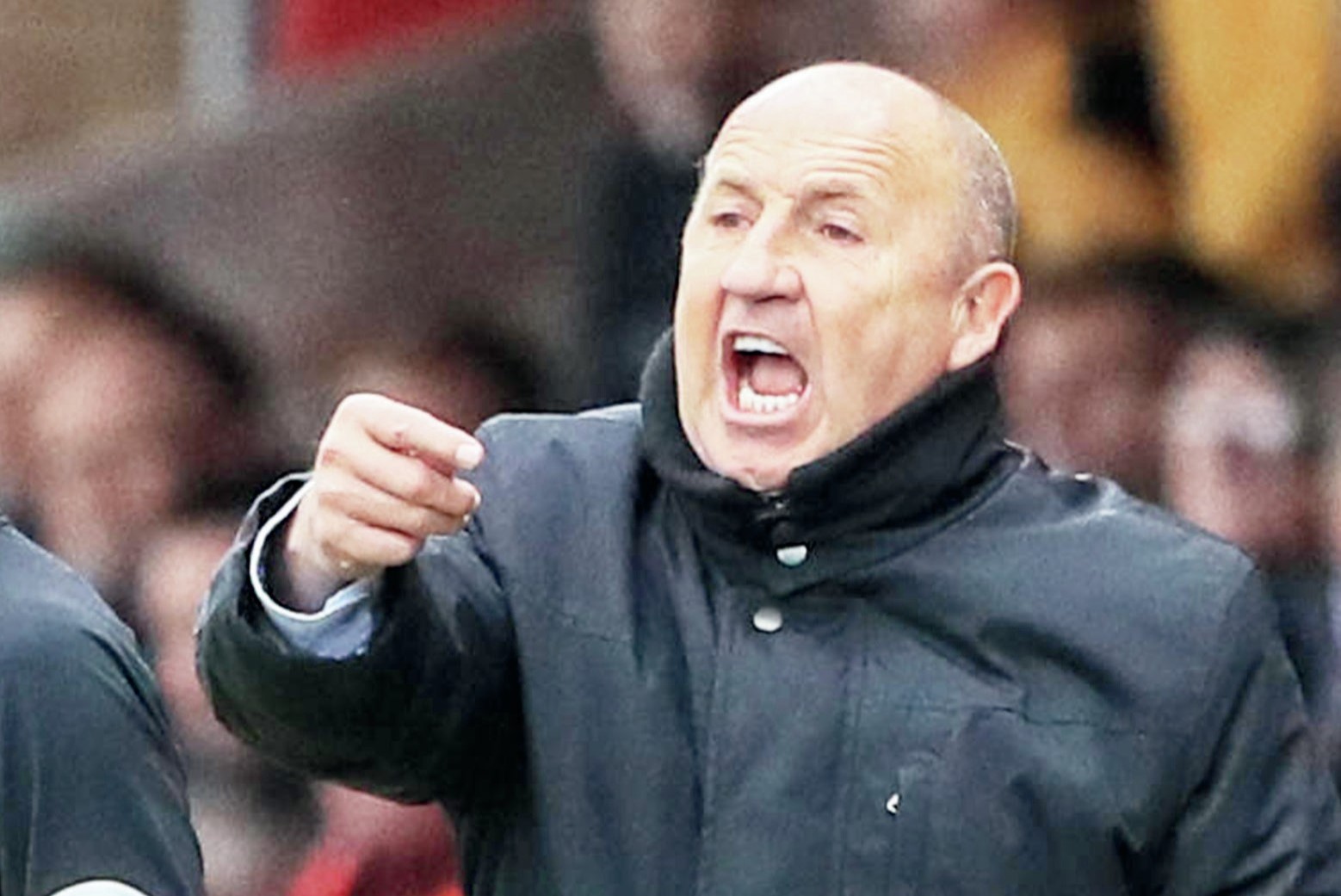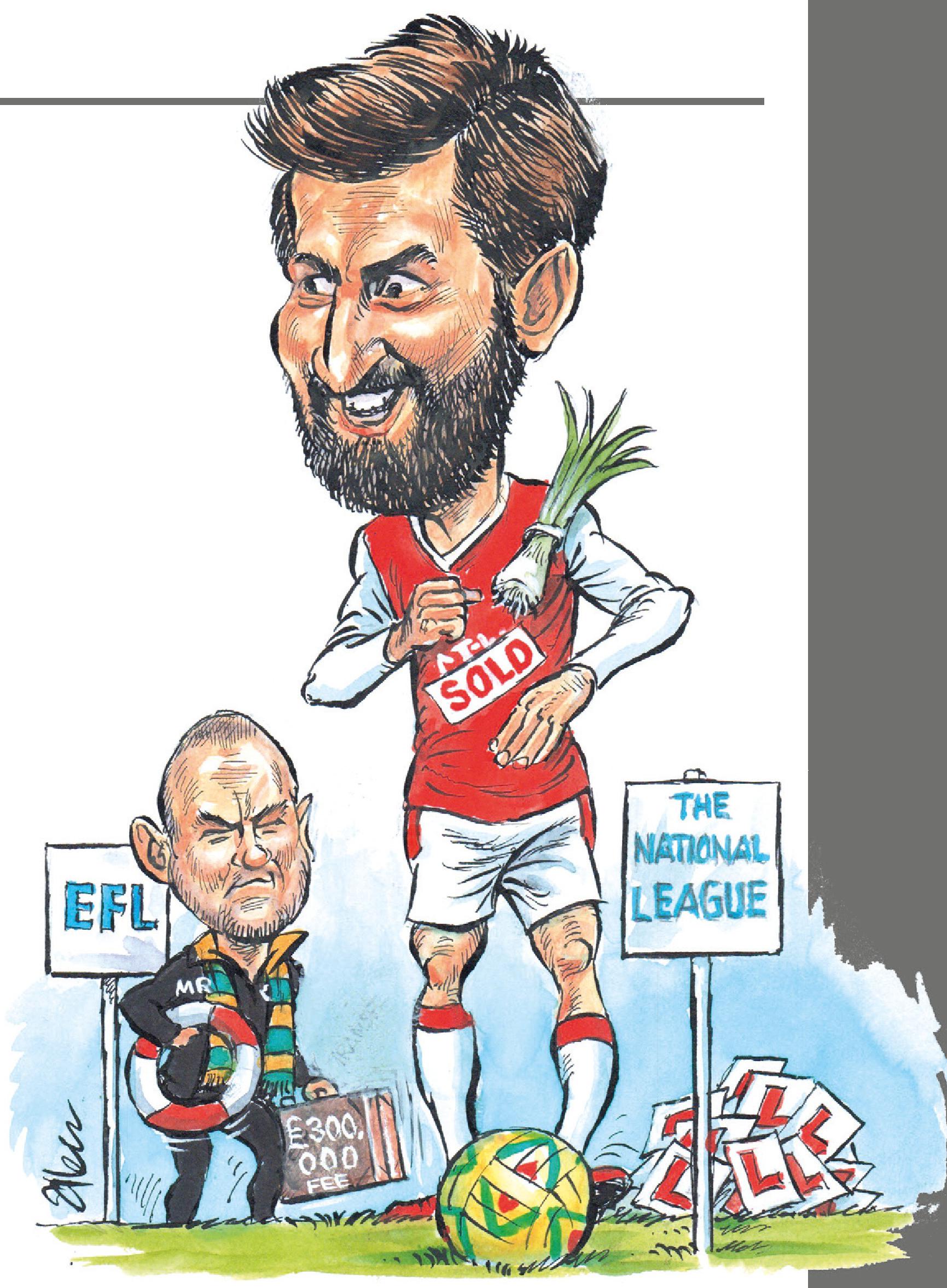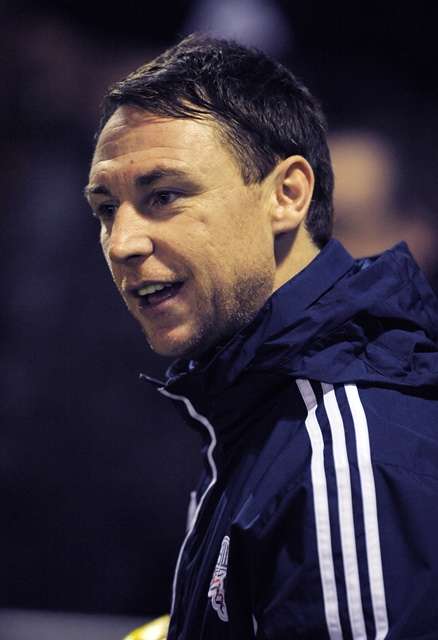
JAMIE Fullarton described himself as a ‘Ford Focus in a league of Mercedes’ during his Premier League days with Crystal Palace.
Those on the receiving end, however, would most likely describe the new Notts County manager as a bulldozer.
Knee high tackles, rampant aggression, brute force. “Jamie wasn’t the quickest or the most technical” said Neil Shipperley, a team-mate at Selhurst Park. “But opponents knew they’d been in a game with him. He was a demon.”
Just ask David Beckham, flattened by Fullarton within seconds of coming on during Manchester United‘s 0-0 draw at Palace in 1998. The Scot still owns a commemorative print; England‘s skipper prone and attended by physios whilst the ref brandishes a yellow card in Fullarton’s face.
Then there was the match against Dumbarton in 1992 when, still just 18 and new to the St Mirren side, Fullarton managed to pick up a red card inside nine minutes.
Afterwards, and somewhat ambitiously, Buddies manager Jimmy Bone described his young midfielder as “a future captain of Scotland”.
Injury and ability would end such dreams in their infancy. Fullarton could tackle, run and organise but there was a reason Palace fans nicknamed him ‘hot potato’. The ball just wouldn’t stick.
Yet that ruthless toughness, forged in the town of Bellshill as a child, would prove the iron backbone of a solid career.
As a kid at St Mirren, his self-assurance ensured international honours at Under-21 level and the respect of experienced peers.
Those same qualities would also ensure acceptance at French side Bastia, where Fullarton spent the 1996-97 campaign.
“I don’t think those players have even seen a tackle in training before,” he told the Scottish Daily Record. “In my first few days here the rest of the lads were stunned at the way I went at it in our sessions. I’ve got them all wearing shinpads in training now!”
Then, of course, there was the horror injury that almost ended his career. Shortly after joining Dundee United in 2000, Fullarton collided with Kilmarnock’s James Fowler, leaving his ankle snapped at a gruesome angle. Think Eduardo against Birmingham.
“People are surprised I remember so much about the night after the painkillers I was given,” he said. “But I still recall the doctor twisting my boot around and pulling the foot down to get the blood flowing again because it had turned black due to the loss of circulation.”
It was only later, once he’d been patched up and propped in a hospital bed that specialists admitted amputation had been considered.
Fullarton, though, was back on the park within nine months. “That was typical Jamie,” said Steve Coppell, his manager at Palace. “He is so determined and has such a great fighting spirit. That’s just his nature. In fact, he often pushed himself too much to play.”
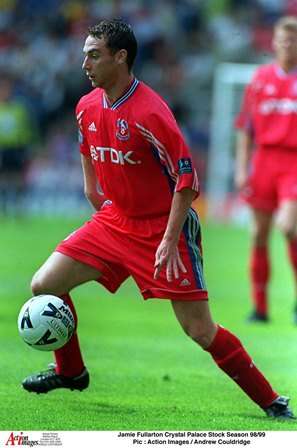
Eagle eyes: Fullarton in his Crystal Palace playing days (photo by Action Images)
Steven Hunt, a teenager at Palace during the mad Mark Goldberg years, also remembers Fullarton fondly.
“There were a few egos knocking around and I never felt at home,” he said in 2003. “But I got on very well with Jamie. He was one of the established players and he did his best to offer me advice and keep me on the right track.”
Later, when a serious knee injury finally finished his playing days in 2005, Fullarton had the nerve and acumen to follow his dream of setting up a Spanish academy in the mould of Glenn Hoddle.
A huge success, Costa Unida CF runs teams from U-9 to U-19 and recently saw its first graduate to La Liga.
Yet if Fullarton’s single-mindedness has served his career well, it has also made plenty of enemies.
St Mirren fans haven’t forgiven him for exploiting the Bosman ruling to engineer a free transfer to Bastia at a time when the club were desperate for cash.
Former Palace chairman Simon Jordan called the midfielder a “barrack-room lawyer” who undermined manager Alan Smith, eventually forcing him out of the club.
Later, during a spell as a development coach at Bolton, Fullarton’s hard-line, disciplinarian approach was widely seen to have damaged morale and upset staff.
Yet according to Forest boss Dougie Freedman, who worked with Fullarton at Palace and later took him to the City Ground, it was a role he prescribed.
“Jamie was very important,” he said. “His role was to try and weed out any things that could give me a problem when a player gets passed on to me.
“When a player comes to me, I can’t be spending half of my day coaching a kid on his attitude to training or what he’s doing off the pitch. I want to show him how to be a first team footballer.
“Jamie made sure they knew what standards were expected in certain things before they could start thinking about the first team.”
Bolton’s former chairman Phil Gartside concurs, citing the double-figure number of first-team graduates under Freedman.
“Jamie was the catalyst for our young talent breaking through to our first team,” he said. “An articulate, intelligent young man, based on my many years’ experience in football and multiple managerial appointments, I have no doubt he will become a very good manager at a high level.”
Now, after crossing the Trent to take over from Ricardo Moniz, it is time to see if Fullarton, who once insisted that he is “not a hard man”, can prove him right.



